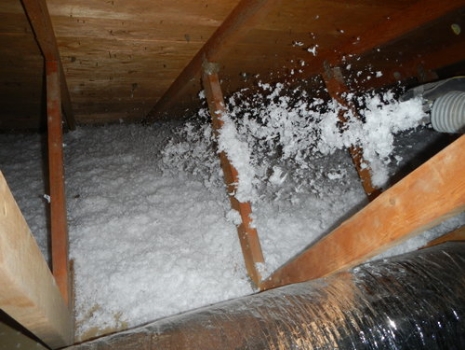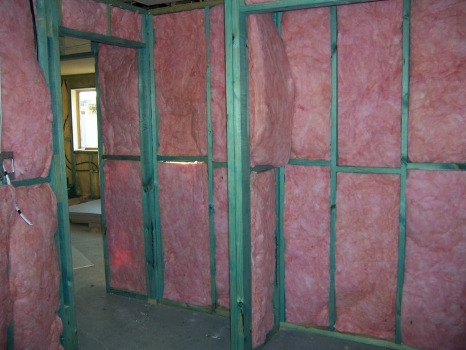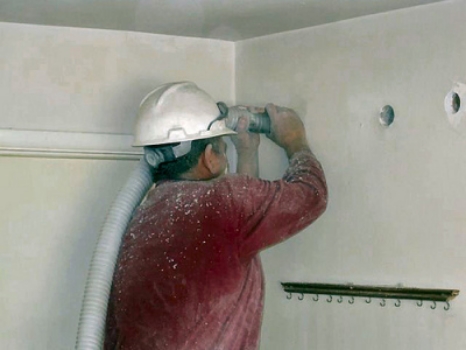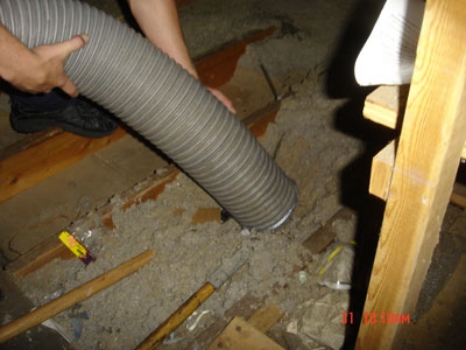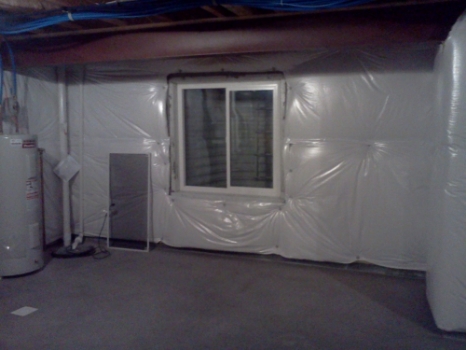Beat the Summer Heat
/Attic insulation is an important component of a well-insulated home. The attic is the space between the roof and the ceiling, and it is an area where a significant amount of heat can be lost or gained. Adding insulation to your attic is a cost-effective way to control the heat in your home during the hot summer months. In this article, we will explore the reasons why adding insulation to your attic can help with controlling heat in the hot summer.
The primary benefit of attic insulation is its ability to reduce heat transfer. During the summer months, the sun's rays beat down on your roof, heating up the air in your attic. If your attic is not properly insulated, this heat will radiate down into your living spaces, making your home uncomfortable and increasing your cooling bills. Insulating your attic will reduce this heat transfer, keeping your home cooler and reducing your energy bills.
Attic insulation works by creating a barrier between the outside air and the air in your living spaces. Most attic insulation is made of fiberglass. These materials are excellent at trapping air, which is a poor conductor of heat. When installed correctly, attic insulation creates a layer of air between the roof and the ceiling, slowing the transfer of heat into your home.
Another benefit of attic insulation is its ability to keep your home comfortable year-round. In addition to keeping your home cooler in the summer, attic insulation also helps keep your home warmer in the winter. Heat naturally rises, so if your attic is not insulated, warm air will escape through your roof, making your home harder to heat and increasing your energy bills. Insulating your attic will help keep warm air in your home, making it easier and less expensive to heat during the colder months.
Attic insulation also helps reduce the workload on your air conditioning system. If your attic is not insulated, your air conditioner will have to work harder to keep your home cool during the summer. This puts more wear and tear on your system, reducing its lifespan and increasing your maintenance costs. By insulating your attic, you can reduce the workload on your air conditioning system, which will save you money in the long run.
In addition to reducing heat transfer, attic insulation can also help improve the air quality in your home. If your attic is not insulated, it can become a breeding ground for mold, mildew, and other allergens. These allergens can then circulate through your home, aggravating allergies and asthma. By insulating your attic, you can help prevent the growth of mold and other allergens, improving the air quality in your home and reducing the risk of respiratory problems.
In conclusion, adding insulation to your attic is a cost-effective way to control heat in your home during the hot summer months. Attic insulation reduces heat transfer, keeps your home comfortable year-round, reduces the workload on your air conditioning system, and improves the air quality in your home. If you are looking to make your home more energy-efficient and comfortable, consider adding insulation to your attic. The benefits are numerous, and you will save money on your energy bills in the long run.


